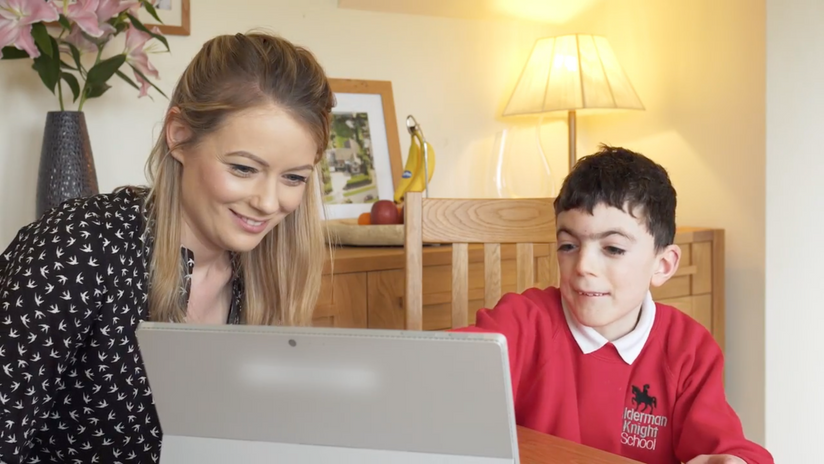

Welcome to the Cerebra Network
We are a UK-based academic team that integrates knowledge, expertise, and resources across four leading institutions to deliver greater insight into neurodivergent children and children with rare and complex syndromes. Our research specialises in four key areas of autism, mental health, sleep, and behaviours that challenge.
Our aim is to improve developmental, health, and well-being outcomes for children and their families by improving the research evidence that underpins clinical assessment and interventions (see Research for more information). We also want to increase access to tailored clinical and educational support and so have developed a range of resources to facilitate this – you can find out more below.
Featured Resources

Further Inform Neurogenetic Disorders (FIND) Website
FIND delivers concise information for families and healthcare professionals. The website offers high-quality research evidence and lived experience of rare genetic syndromes and neurodevelopmental conditions. Subscribe for assessment manuals and other resources.

Ladders Project - Anxiety Strategies for Autistic Children
A project developed in collaboration with Parent Carers of autistic children, who use few or no words (with funding from the Autistica Future Leaders Award). Personalised strategies to help reduce anxiety during frequently encountered activities and situations.

Cerebra Parent/ Carer Guides
We have partnered with the charity, Cerebra, to develop a range of guides which offer comprehensive, up-to-date advice and research-driven strategies to help you deal with a wide range of issues, including sleep and anxiety.










